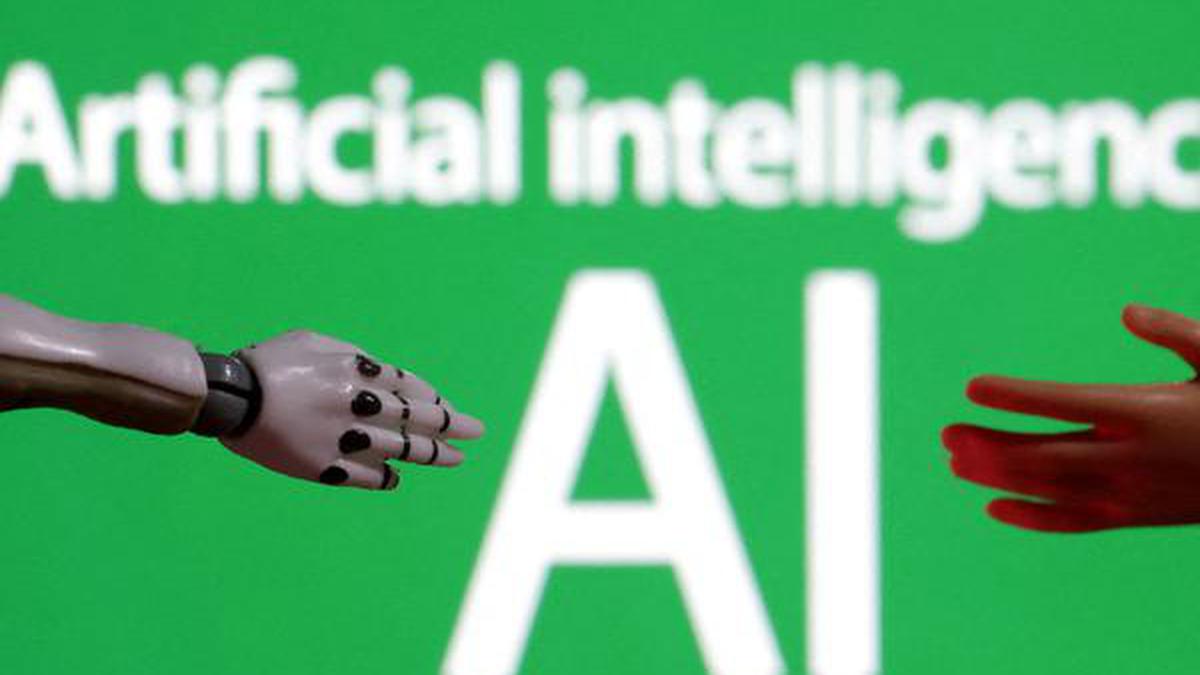
Judges in England and Wales are given cautious approval to use AI in writing legal opinions
The Hindu
England & Wales cautiously embrace AI in legal system, allowing judges to use it to help produce rulings while stressing it should not be used for research or legal analyses.
England's 1,000-year-old legal system — still steeped in traditions that include wearing wigs and robes — has taken a cautious step into the future by permitting judges to use artificial intelligence (AI) to help produce rulings.
In December, the Courts and Tribunals Judiciary said AI could help write opinions but stressed it should not be used for research or legal analyses because the technology can fabricate information and provide misleading, inaccurate and biased information. “Judges do not need to shun the careful use of AI,” said Master of the Rolls Geoffrey Vos, the second-highest ranking judge in England and Wales. “But they must ensure that they protect confidence and take full personal responsibility for everything they produce.”
At a time when scholars and legal experts are pondering a future when AI could replace lawyers, help select jurors or even decide cases, the approach spelt out on December 11 by the judiciary is restrained. But for a profession slow to embrace technological change, it is a proactive step as government and industry — and society in general — react to a rapidly advancing technology alternately portrayed as a panacea and a menace.
“There's a vigorous public debate right now about whether and how to regulate artificial intelligence,” said Ryan Abbott, a law professor at the University of Surrey and author of The Reasonable Robot: Artificial Intelligence and the Law. “AI and the judiciary is something people are uniquely concerned about, and it's somewhere where we are particularly cautious about keeping humans in the loop,” he said. “So I do think AI may be slower disrupting judicial activity than it is in other areas and we'll proceed more cautiously there.”
Mr. Abbott and other legal experts applauded the judiciary for addressing the latest iterations of AI and said the guidance would be widely viewed by courts and jurists around the world who are eager to use AI or anxious about what it might bring.
In taking what was described as an initial step, England and Wales moved toward the forefront of courts addressing AI, though it's not the first such guidance.
Five years ago, the European Commission for the Efficiency of Justice of the Council of Europe issued an ethical charter on the use of AI in court systems. While that document is not up to date with the latest technology, it did address core principles such as accountability and risk mitigation that judges should abide by, said Giulia Gentile, a lecturer at Essex Law School who studies the use of AI in legal and justice systems.

 Run 3 Space | Play Space Running Game
Run 3 Space | Play Space Running Game
 Traffic Jam 3D | Online Racing Game
Traffic Jam 3D | Online Racing Game
 Duck Hunt | Play Old Classic Game
Duck Hunt | Play Old Classic Game

















